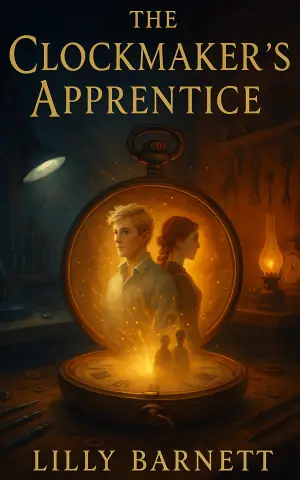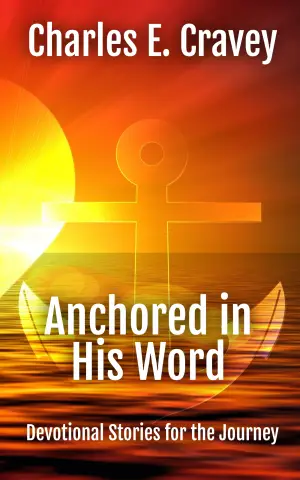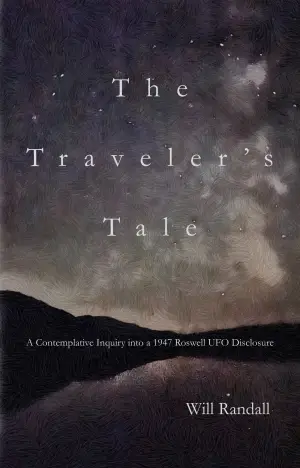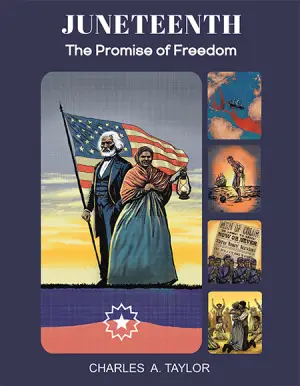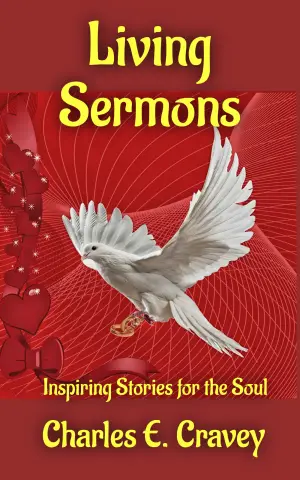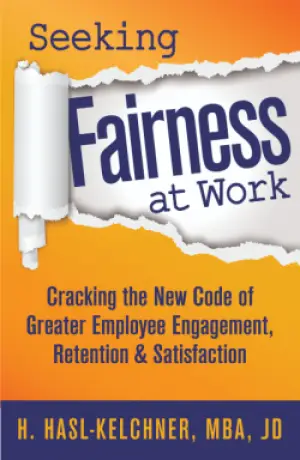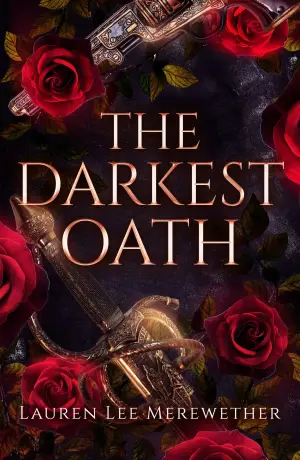Review of Jesus and John Wayne: How White Evangelicals Corrupted a Faith and Fractured a Nation by Kristin Kobes Du Mez
When I first heard about Kristin Kobes Du Mez’s Jesus and John Wayne, my curiosity was piqued—not just by its provocative title but also by my own tumultuous journey with evangelical literature. Back in undergrad, a well-meaning friend gifted me Wild at Heart by John Eldredge, a book I wanted to toss across the room for its portrayal of Christian masculinity, which felt almost foreign to me. Reading Du Mez’s work felt like a re-visitation of that moment, now enriched by years of questioning and grappling with the problematic teachings of figures like Eldredge and his ilk. This book speaks not just to the heart of evangelicalism, but to the pains of many who have felt marginalized within it—especially women and those disillusioned by a relentless grip of “militant masculinity.”
Du Mez skillfully traces how the intertwining of evangelical faith and patriarchal culture has shaped a version of Christianity that often feels at odds with the very tenets of faith it claims to uphold. Starting with figures like Billy Graham and reaching all the way to the present age of Trump, Du Mez paints a compelling portrait of how militant masculinity has seeped into the heart of evangelicalism. Her narrative is peppered with memorable moments and characters—James Dobson, Oliver North, and the Promise Keepers—all vividly illustrating the complexity and contradictions within this subculture.
One theme that resonated deeply with me is the dichotomy between masculinity and the virtues typically associated with femininity. As Du Mez points out, the church has often dismissed “feminine traits” like compassion and tenderness, instead valorizing aggression and dominion. This perspective mirrors my discomfort with the teachings of Eldredge, where “being a man” often came at the expense of the emotional depth that many of us—theologically curious yet weary of militant rhetoric—seek.
Du Mez’s writing style is clear and engaging, allowing complex historical narratives to unfold with an accessible cadence. Her scholarly background lends weight to her assertions, but she never loses sight of the emotional impact these discussions have on real lives. For example, her exploration of “family values” politics reveals the sinister underbelly of a movement that ultimately prioritizes patriarchal authority over genuine familial well-being.
One particularly eye-opening quote for me was when Du Mez writes, “Evangelicals claim to uphold the Bible as the highest authority in the Christian life, but there are more than 31,000 verses in the Bible… What sort of Jesus are they imagining?” This statement not only challenges the reader to reconsider their understanding of Jesus but also interrogates the selective interpretations often employed by evangelical leaders.
While I resonated with much of what Du Mez has to say, I also felt a longing for nuance that occasionally seemed overshadowed by righteous indignation. The struggle between assertion and subtlety remains palpable throughout the reading experience. Du Mez tackles significant issues but, at times, I wished for more exploration of alternative evangelical viewpoints, especially those advocating for egalitarianism.
Jesus and John Wayne is an essential read for anyone navigating the complexities of American evangelicalism—whether you’re disenchanted with its militant factions, steeped in cultural critique, or simply curious about its evolution. For young evangelicals like myself, the book serves as both an enlightening and challenging exploration of what it means to be part of a movement that can feel so at odds with one’s own beliefs.
Overall, while my personal reading experience didn’t mirror the catharsis many have described, it opened new avenues for thought and discussion. I found myself reflecting deeply on my journey within evangelical spaces and the broader implications of how we define our faith. If you’re open to understanding the intricacies of evangelicalism beyond its surface, this book is a powerful catalyst for conversation and critical reflection.
Discover more about Jesus and John Wayne: How White Evangelicals Corrupted … on GoodReads >>

